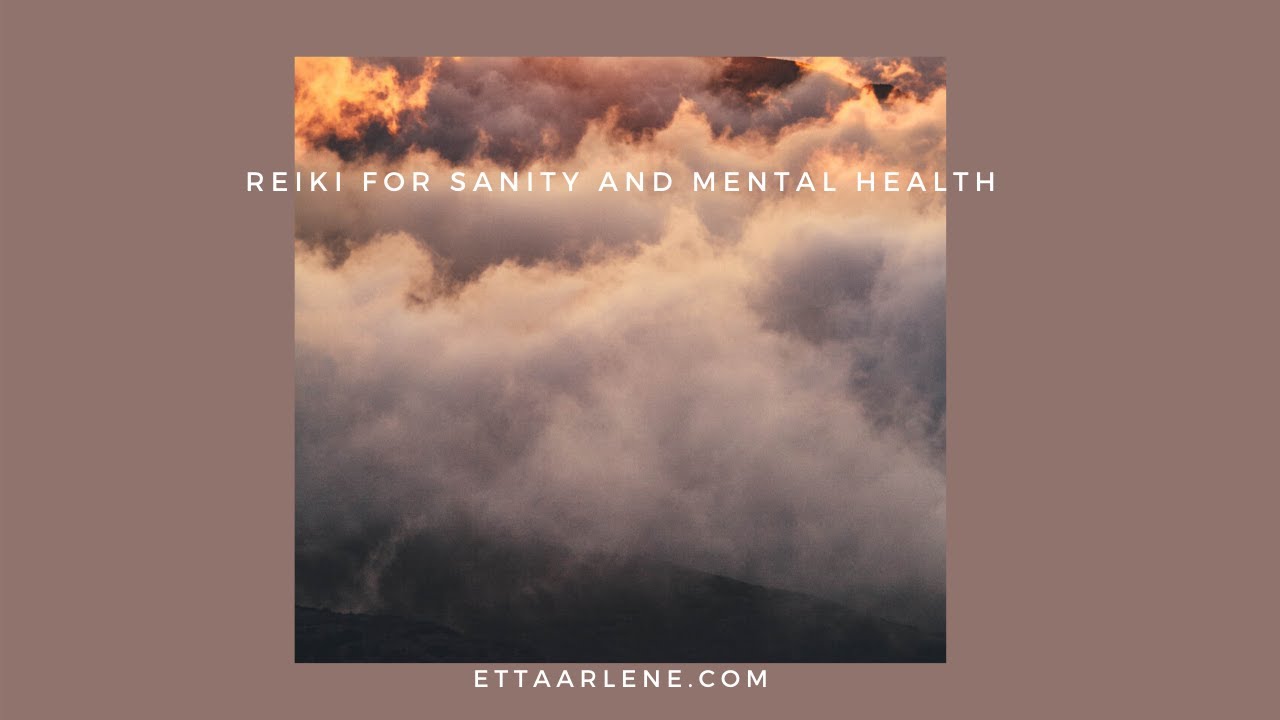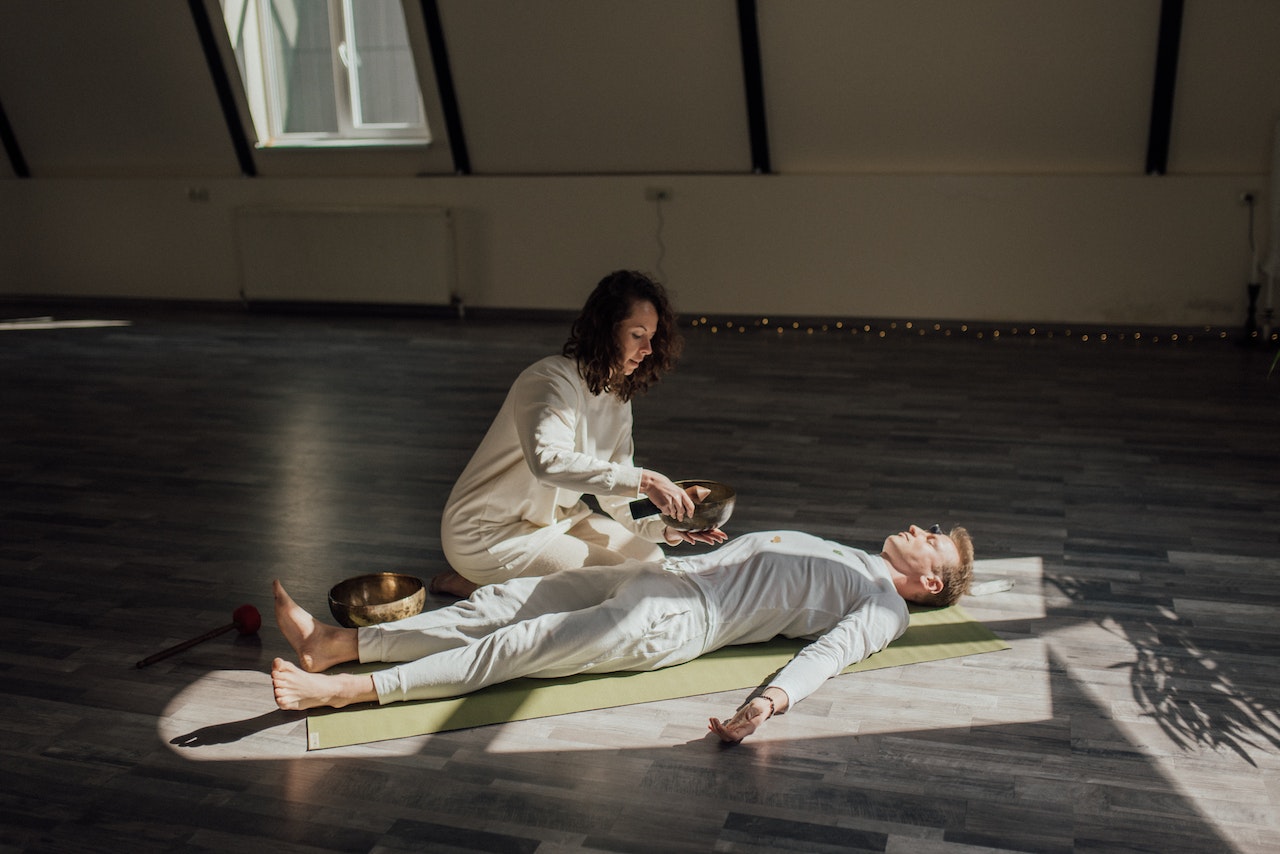Reiki And Mental Health - A Holistic Approach To Mental Health
By exploring the connection between Reiki and mental health, individuals can make informed decisions about their mental health care and find the support they need to live a healthier, happier life.
Author:Karan EmeryReviewer:James PierceFeb 22, 20236 Shares234 Views

In this article, we will explore the relationship between Reiki and mental health and its potential benefits.
Reiki is a form of alternative therapy that uses the practitioner's energy to promote relaxation and healing. This practice has gained popularity in recent years, with many people turning to Reiki for mental and emotional well-being.
As mental health issues continue to rise, people are exploring new ways to improve their mental health, and Reiki is one such option.
Reiki Hand Positions For Depression
Reiki is a form of energy healing that uses the practitioner's hands to channel energy into the recipient's body. Depression is a mental health condition that affects millions of people worldwide.
The symptoms of depression can range from mild to severe and include feelings of sadness, hopelessness, worthlessness, loss of interest in activities, fatigue, and insomnia, among others.
While Reiki is not a substitute for medical treatment, it can be a complementary therapy to help alleviate some of the symptoms of depression.
When it comes to using Reiki for depression, there are specific hand positions that practitioners use to focus the energy on areas of the body that are associated with depression.
These hand positions are intended to support the body's natural healing process and promote emotional balance. Here are some of the Reiki hand positions for depression:
- Place the hands on the sides of the head, with the fingers pointing towards the back of the head. This position is intended to soothe the mind and promote mental clarity.
- Place the hands on the throat, with the fingers pointing towards the chest. This position is intended to support communication and self-expression, which can be challenging for people with depression.
- Place the hands on the chest, with the fingers pointing towards each other. This position is intended to promote emotional balance and support feelings of love and compassion.
- Place the hands on the upper abdomen, just below the rib cage. This position is intended to support the digestive system and promote feelings of empowerment.
- Place the hands on the lower abdomen, just above the pubic bone. This position is intended to support the reproductive system and promote feelings of grounding and stability.
- Place the hands on the soles of the feet, with the fingers pointing towards the toes. This position is intended to promote feelings of relaxation and support the nervous system.
Reiki And Mental Health For Depression And Anxiety
Reiki is a form of alternative therapy that uses the practitioner's hands to channel energy into the recipient's body. Reiki practitioners use symbols to help focus and amplify the energy during a Reiki session.
There are several symbols in Reiki, each with its unique purpose. When it comes to treating depression and anxiety, there is one Reiki symbol in particular that is believed to be particularly helpful the Sei He Ki symbol.
The Sei He Ki symbol is one of the Reiki symbols that practitioners use to help focus the energy during a session. The symbol is associated with emotional and mental healing and is often used to treat depression, anxiety, and other emotional imbalances.
The Sei He Ki symbol is intended to help balance the left and right hemispheres of the brain, which can become unbalanced during times of stress or emotional upheaval.
During a Reiki session, a practitioner may use the Sei He Ki symbol in various ways. Some practitioners may draw the symbol on their palms before beginning the session, while others may visualize the symbol in their minds.
The practitioner may also place their hands on specific areas of the body that are associated with depression and anxiety, such as the head, chest, and stomach while focusing on the Sei He Ki symbol.

Reiki For Sanity And Mental Health
Reiki For Emotional Healing
Reiki is a form of energy healing that focuses on balancing the body's energy system to promote physical, emotional, and spiritual well-being.
Emotional healing is one of the primary benefits of Reiki, as it can help release negative emotions, promote relaxation, and restore emotional balance.
Reiki practitioners use their hands to channel energy into the body and work on specific areas that may be holding emotional blockages. Here are some ways that Reiki can be used for emotional healing.
- Reiki is known for its relaxing effects, as the energy transferred during a session promotes a sense of calm and peace. Relaxation is essential for emotional healing, as it can help individuals release tension and negative emotions.
- Negative emotions can become trapped in the body, leading to physical and emotional discomfort. Reiki can help release these blockages by channeling energy into specific areas of the body, helping to release pent-up emotions and promoting a sense of emotional balance.
- Supports emotional regulation: Reiki can help individuals learn how to manage their emotions and regulate their responses to stress. By promoting relaxation and releasing emotional blockages, Reiki can help individuals develop a greater awareness of their emotions and the ability to regulate them more effectively.
- Reiki sessions can provide a safe and supportive space for individuals to reflect on their emotions and thought patterns. This self-reflection can help individuals gain insight into the root causes of their emotional struggles and develop a deeper understanding of themselves.
- Reiki can be an essential part of a self-care routine, helping individuals prioritize their emotional and mental well-being. By promoting relaxation, releasing emotional blockages, and facilitating self-reflection, Reiki can be a powerful tool for promoting emotional healing and overall well-being.
People Also Ask
What Is Reiki And How Does It Work?
Reiki is a form of energy healing that involves channeling energy into the body to promote relaxation and balance.
Can Reiki Help With Anxiety?
Yes, Reiki can be helpful for anxiety as it promotes relaxation and can help individuals release pent-up emotions.
Is Reiki Safe For Everyone?
Reiki is generally considered safe for everyone, but individuals with certain medical conditions should consult with a healthcare provider before beginning Reiki.
How Many Reiki Sessions Are Needed For Optimal Results?
The number of Reiki sessions needed for optimal results varies depending on the individual's specific needs and goals.
Conclusion
Reiki is a promising alternative therapy that can help with mental health issues. While it is not a substitute for traditional therapy or medication, it can be a valuable addition to one's mental health journey.
Reiki's ability to reduce stress, promote relaxation, and improve emotional well-being can make it a useful tool for those struggling with mental health issues.
By exploring the connection between Reiki and mental health, individuals can make informed decisions about their mental health care and find the support they need to live a healthier, happier life.

Karan Emery
Author

James Pierce
Reviewer
Latest Articles
Popular Articles
